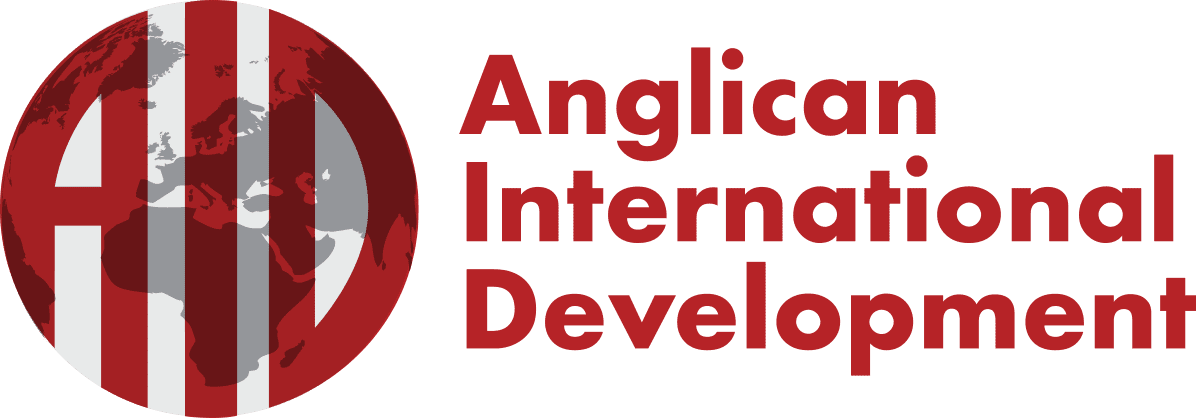Healthcare
Primary Healthcare in South Sudan
South Sudan has one of the highest maternal mortality rates in the world. Close to 1 in 100 mothers die in pregnancy or childbirth, whilst 1 in 10 children die before the age of five.
One of the biggest reasons for this is a lack of trained health professionals. There is only one doctor per 66,000 people in South Sudan and only one midwife per 17,000. In this context, rural healthcare clinics, run by clinical officers and midwives, are essential to provide treatment that vulnerable community members, especially pregnant women, can access. AID supports two small clinics in South Sudan which provide a vital role in delivering lifesaving care to disadvantaged communities.
Tar Agok Clinic, Bor
AID supports the Tar Agok Clinic in South Sudan north of the capital, Juba, on the White Nile. Staffed by two midwives and one clinical officer who were trained at the JHSI it provides essential healthcare support, including vital perinatal care, to 500 patients each month in an area without immediate access to other trained healthcare professionals and affordable medicines.
Bor is a challenging environment: internet access is patchy, destructive floods hit in 2020 and teaching facilities are basic. According to the World Health Organization, Jonglei State is especially under-resourced for medical services. The Tar Agok Clinic has an excellent reputation among community members for its quality and affordable prices, and is a beacon of hope in the community.

Rokon Clinic, South Sudan
In 2025, Bishop Emmanuel of Rokon reached out for urgent help. The town’s only healthcare facility was on the brink of collapse after USAID funding cuts. Staff were unpaid, medicines and supplies had run out, and surgeries were being performed under the light of a mobile phone in a building without a roof.
Thanks to AID’s support, the roof has now been repaired, solar panels installed to restore electricity, and fundraising is underway to sustain the clinic for the next year—until the local community is able to rebuild. In particular, AID are raising money for medicines, since the clinic have received no new medicines since January.

Could you or your church support one of these clinics?
These two small clinics are a lifeline for hundreds of families and we can only support them thanks to the generosity of donors and trusts.
Click here to sign up for prayer and news updates or choose the donate button below to support our healthcare efforts.


